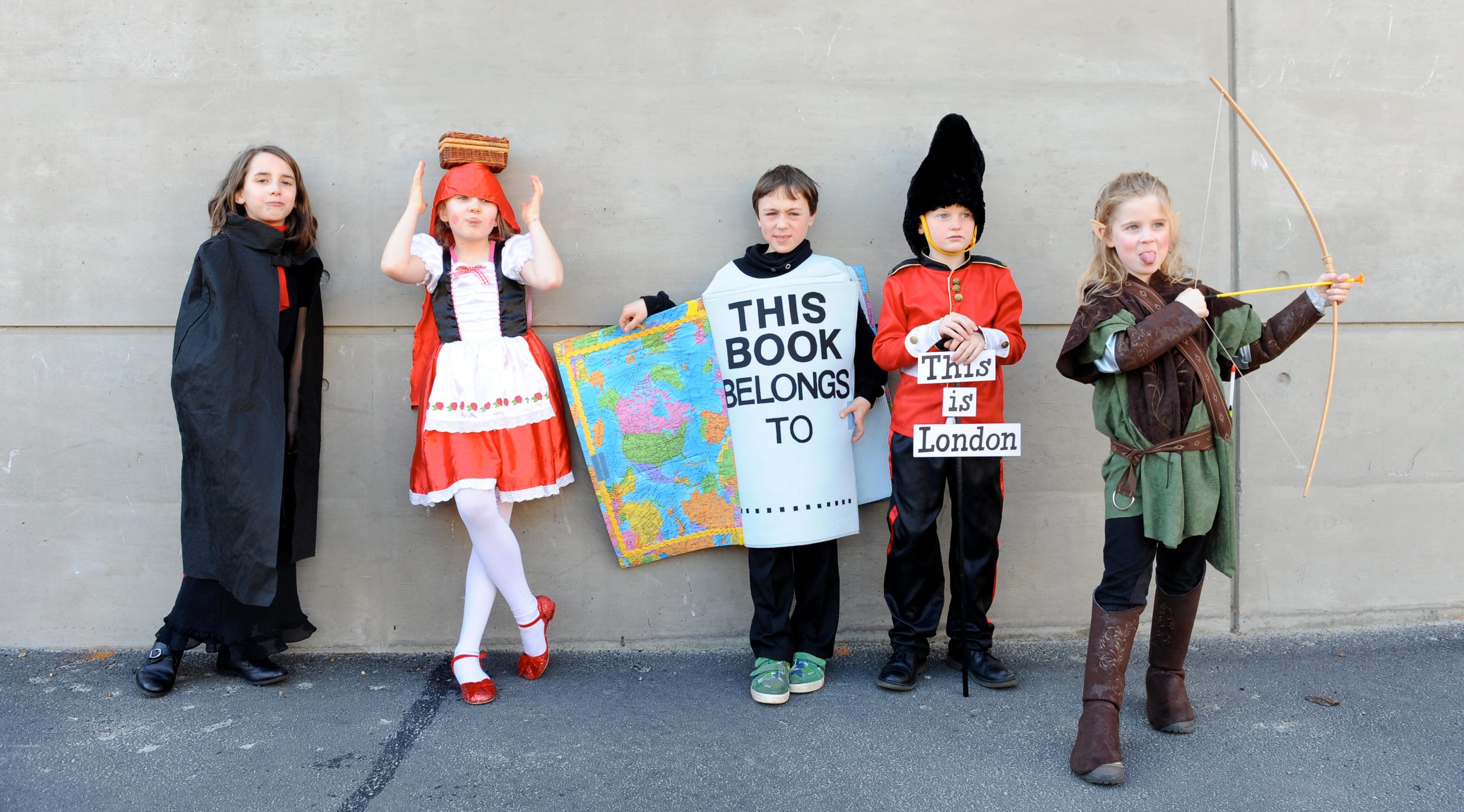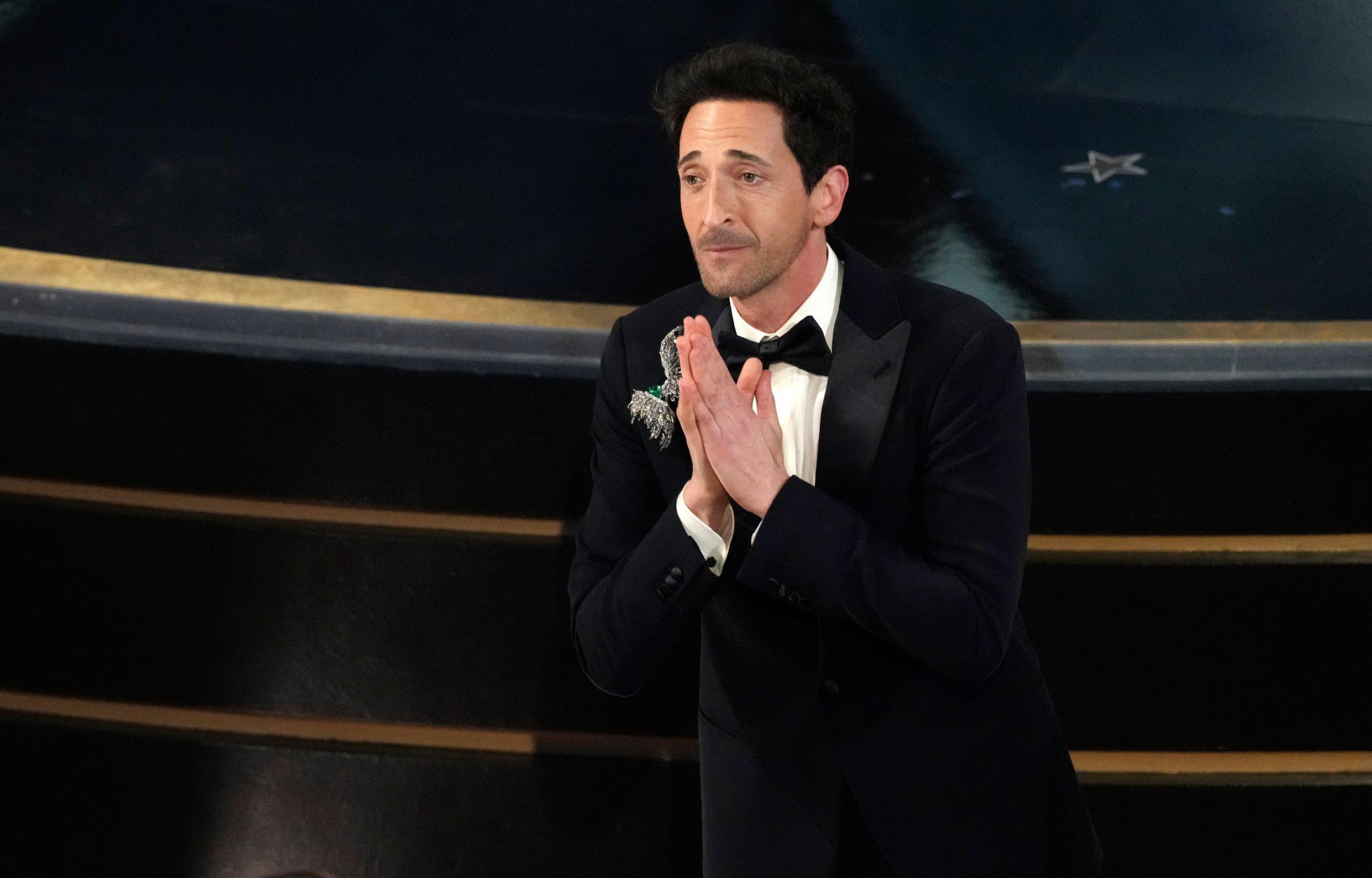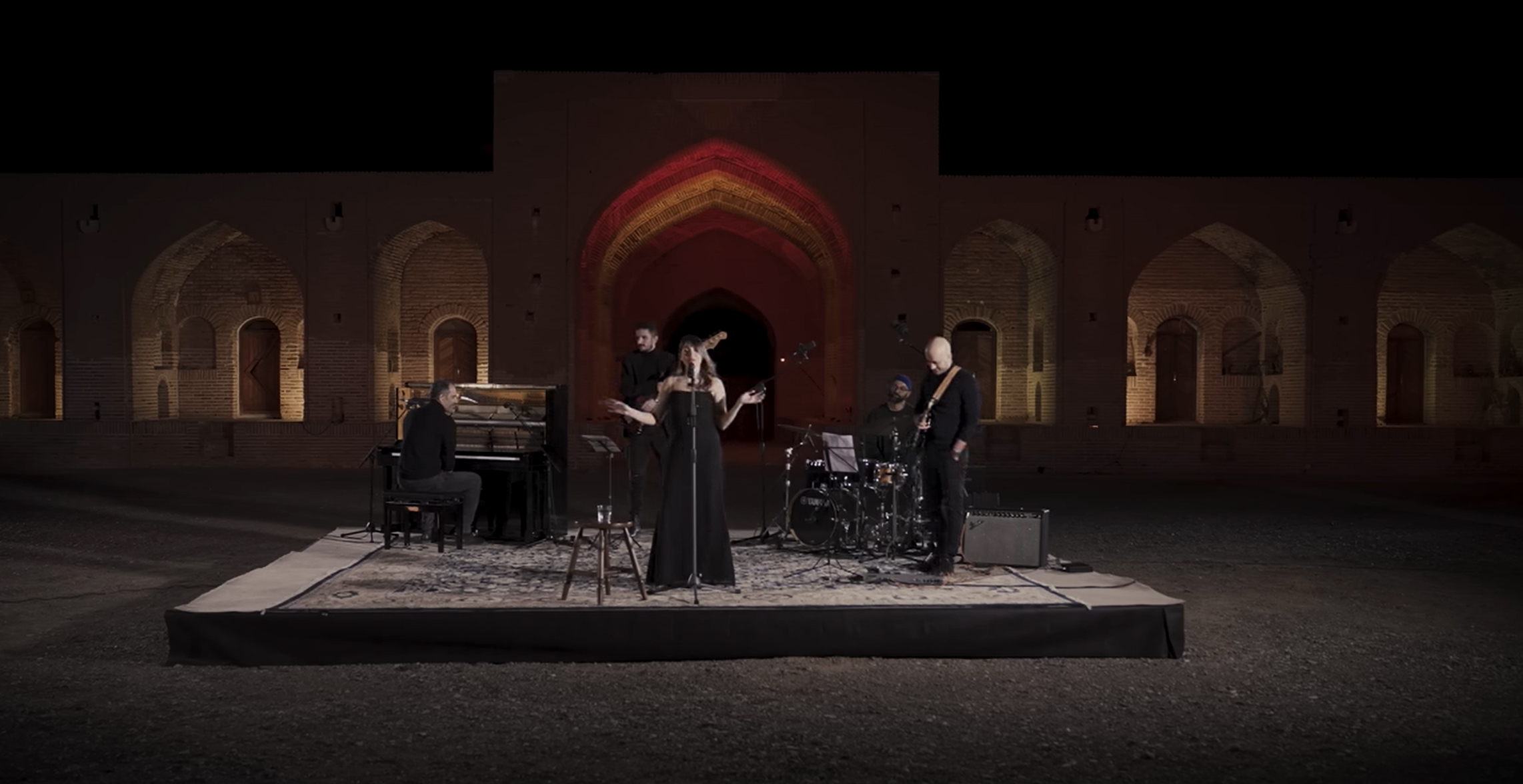
TRIPWIRES youth programme explores what free speech means for young people. Julia Farrington explains
We all like to think of ourselves as free: free to think, free to feel, free to speak our mind. But how much do we take that right for granted and what would happen if it was suddenly taken away? This is the focus of the TRIPWIRES youth leadership and performance programme, which uses the arts to explore censorship and freedom of expression.
A new partnership between Index on Censorship and Phakama UK, TRIPWIRES is a group of artists, young people, researchers and campaigners who have come together to experiment with how the arts can unlock complex ideas, while at the same time developing skills and techniques to communicate them to others.
TRIPWIRES has run sessions in a range of performance styles. Each offers a key to understanding some aspect of freedom of expression and/or censorship. Some examples: Capoiera, the Brazilian hybrid of dance and martial art, is secret language. Created by descendents of African slaves, it drew on music and movement to communicate in a way that was completely obscure to their masters, making it possible for the slaves to plan their liberation and eventual escape. Commedia dell arte, an ancient theatrical form of political and social satire, lampoons human relationships through its grossly exaggerated stereotypes. Acrobalance is all about positioning oneself, about trust and accommodating other people’s weight, making it possible to perform extraordinary feats of physical daring. Incorporating these performance techniques into the programme has allowed participants to ask important questions about free expression: how can you communicate when you are denied a voice? Is censorship the mother of invention? How can satire undermine power? And what can we learn about negotiating physical difference in size, weight and strength that can shed light on how we approach ideological difference?
The project is designed to trigger the imagination by taking a creative approach to the subject. As one of the participants, Zia, 22, says “Rather than being talked at and given a series of lectures and statistics, TRIPWIRES allows you to bring yourself into the debate”. Given that the right to freedom of expression is universal, it is vital that Index on Censorship communicates through the full range of expression and, through TRIPWIRES, we are breaking new ground.
But TRIPWIRES isn’t only about learning through performance. Artists associated with Index — the dissident Belarus Free Theatre, playwright Gurpreet Kaur Bhatti, Burmese artist Htein Lin and political cartoonist and author Martin Rowson — all visited the group and talked about their work and their experience of censorship. These visits affected the participating young people profoundly: hearing how the Belarus Free Theatre, now in exile, was forced to communicate with their audience by text messages, informing them of the secret location where they would be performing; how the audience could be arrested for attending a performance; and how, despite sustained persecution by the authorities, the company continued to perform their theatre to counter the distorted view of reality perpetrated by the “last dictatorship in Europe”.
Htein Lin spoke of his time as a political prisoner, and how he continued to make art — in fact, he completed 2500 pieces of work in 6 ½ years, showing the power of his creativity, which forced its way past the horrendous conditions of his imprisonment. That session was in one sense the most gruelling, as the group heard first-hand about human beings’ seemingly infinite capacity for cruelty to others. It was also the most fun, as the group experimented in the mono-printing technique Htein Lin developed while he was in prison, using whatever he was able to trade with other prisoners and to smuggle past the guards.
Gurpreet’s visit sparked intense debate about the tensions between the dictates of faith and freedom of expression. Of particular interest was the discussion of sexuality amongst the group, essentially an average group of young Londoners — made up of believers, non-believers, gay and straight.
And Martin Rowson gave an amazing presentation on the history and function of cartoons, revelling in the bodily functions and general foulness the artist uses as tools to remind us that those in power must be constantly held in check. Humour and mockery, he pointed out, are some of the most effective ways of doing that.
And now, having completed the first training stage of the programme — 17 consecutive Saturdays — the group faces the challenge of communicating this to an audience. Hussina, 23, reflects on the training: “It’s created an opportunity for young people like me to feel free to express my concerns and opinions about current affairs and life. I am constantly learning new things from international perspectives, and the people I have met have been sincerely inspirational, moving me emotionally and creatively to be passionate and to push through for change.”
The performance takes place in Mile End Park Arts Pavilion on 19 and 20 April. At this stage we have no idea what form it will take. That is Phakama’s extraordinary skill: to take a huge amount of raw material and work with the group to create an original and revelatory piece of performance. Driven by the young people’s imagination and supported by professional artists, this will be an exciting new event for young people’s performing arts.
TRIPWIRES brings the work of Index on Censorship alive by inviting young people to interpret and remix the debates, drawing on news, individual stories of courage (many recorded in the magazine over nearly 40 years) and controversial banned materials — all through the lens of their own experiences. Censorship has provided much of the content for the show, and these talented and inspired young people are eager to communicate their right to freedom of expression to the audience.





